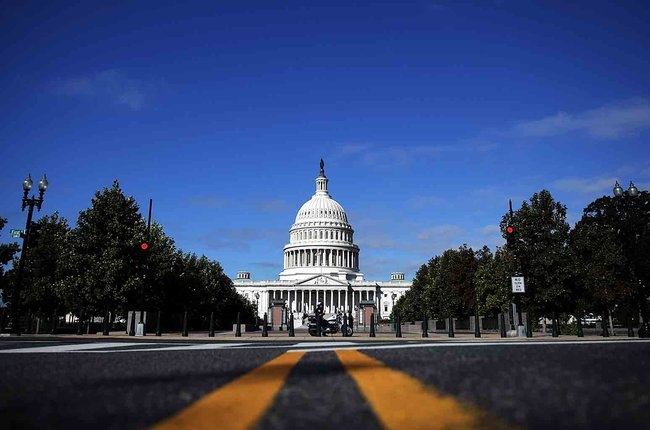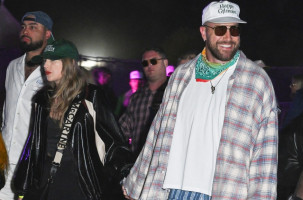Music industry coalition musicFIRST, the trade body that includes the RIAA, the Recording Academy, A2IM, SoundExchange and the American Federation of Musicians among its founding members, launched a national digital ad campaign today that takes aim at radio, streaming and the U.S. Copyright Act with the goal of advancing its fair play, fair pay initiative. The campaign's main targets (along with musicFIRST's tongue-in-cheek code names for them): iHeart ("No Heart Radio"); SiriusXM ("SiriusLY?"); the U.S. Copyright Act of 1976 ("That '70s Law"); and YouTube ("YouLose").
For years, music industry trade groups have set their sights on ad-supported digital video platforms like YouTube and digital radio services like SiriusXM over what record labels and songwriters call the "value gap" in how music is monetized and utilized online. In January, musicFIRST penned an open letter to Congressarguing for copyright and radio royalty rate reform ahead of the inauguration of the new administration. Today's campaign echoes similar themes.
"Music has incredible value and music creators should always be fairly compensated for their work," musicFIRST executive director Chris Israel said in a statement announcing the campaign. "The ways that we are listening to music are changing rapidly. Unfortunately, many laws remain outdated and often fail to protect music creators by denying them fair pay for their hard work. Our new campaign is focused on empowering music creators to advocate for the essential and enduring value of their works."
Granted, this all gets fairly complicated and confusing pretty quickly. So musicFIRST took their mocking sub-heads and broke down their issues with each in increasingly more detail on their newly-relaunched web site. "No Heart Radio" refers to performance royalties, specifically that terrestrial AM/FM radio stations do not pay creators to broadcast songs; "SiriusLY?" takes aim at digital radio rates that allow online radio companies like Sirius to pay lower royalty rates than on-demand services; "That '70s Law" focuses on the oft-derided provision in the Copyright Act that does not cover works recorded before 1972, which it estimates costs copyright owners more than $60 million each year; and "YouLose" predictably targets YouTube and the "value gap," alleging that the video streaming company hides behind Copyright Act loopholes like the DMCA in order to dodge litigation for hosting copyrighted content.
This campaign, as well as the coalition's open letter in January, are hardly the only volleys that have been fired in this long-running dispute. Just two weeks ago, YouTube's global head of music Lyor Cohen wrote a five-point blog post on the company's site acknowledging a "disconnect" in YouTube's relationship with the music industry, but defending the streamer as working towards the same goals as record companies and creators. The following day, the RIAA responded with its own five-point rebuttal, which essentially boiled down to, "We've heard these arguments before." But ultimately, many of the issues won't be settled unless Congress, and the Copyright Royalty Board, weigh in on the existing statutes and legislation.
"Our goal is to rally the people and organizations who make and love music to ask Congress to address obvious flaws in our copyright system," Israel said. "We are simply looking for a level playing field with no government subsidies, grandfather clauses or decades-old safe harbors. The music industry has evolved, innovated and grown... It's time to modernize the rules to let competition, innovation and great music thrive. The real winners will be the millions of fans who ultimately drive everything we do."








